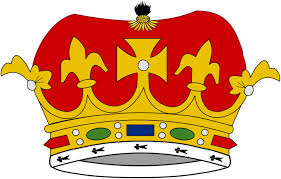记忆方法
记忆“heir”的方法是将其与“here”发音相近但意思不同的单词联系。想象一个“her”(她)在“here”(这里)得到了一个特殊的地位或权利,那就是成为家族中的“heir”(继承人)。通过这种对比记忆,可以区分这两个发音相似但意义不同的单词。
以上内容由AI生成, 仅供参考和借鉴
中文词源
heir 继承,继承人,后嗣
来自拉丁语heres,继承人,词源同heredity,heritage.引申词义后嗣,子嗣。
英语词源
- heir (n.)
- c. 1300, from Anglo-French heir, Old French oir "heir, successor," from Latin heredem (nominative heres) "heir, heiress" (see heredity). Heir apparent (late 14c.) has the French order of noun-adjective, though it was not originally so written in English. It is the heir of one still alive whose right is clear. After death the heir apparent becomes the heir-at-law.
权威例句
- 1. His heir sold the painting to the London art dealer Agnews.
- 他的继承人把这幅画卖给了伦敦艺术品经销商阿格纽斯。
- 2. He was seen as Mr Olsen's heir apparent.
- 他被视为奥尔森先生理所当然的继任者。
- 3. He wanted to beget an heir.
- 他想生个子嗣。
- 4. to be heir to a large fortune
- 是大笔财产的继承人
- 5. The King's eldest son is the heir to the throne.
- 国王的长子是王位的继承人.
